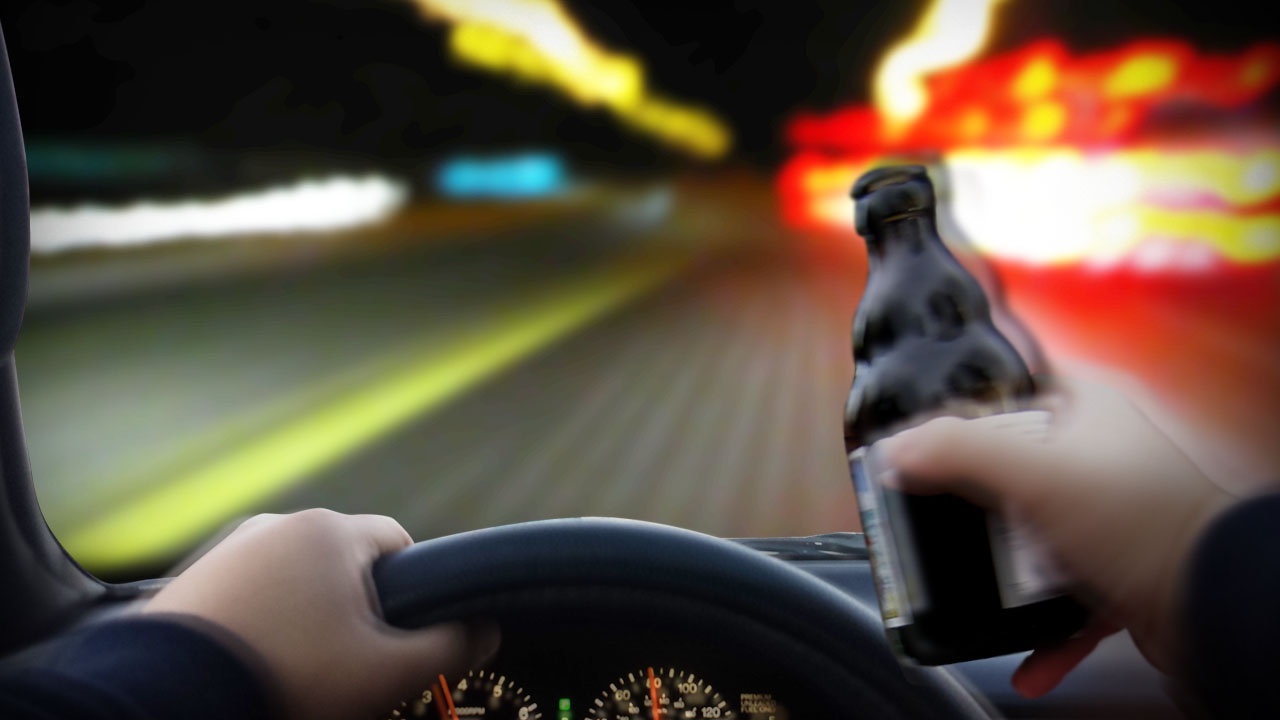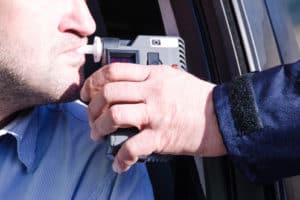
Texas is notoriously tough on crime, including DWI offenses. If you are being accused of driving while intoxicated, it can be hard to know your rights and whether you have any chance of fighting the charges against you. In some situations, you may feel that the police officers who arrested you did not follow the proper procedures or that some other issue led to an unfair result.
Our DeSoto DWI lawyer can help you learn more about your legal rights and options when facing a DWI charge. Not only can our lawyer review your case to see whether any of the charges can be reduced or dropped, but they can also make sure that you are treated fairly during the process.
With over 30 years of experience as a former prosecutor and state district judge, Attorney Randall B. Isenberg understands how the system works and wants to help you if he can. For a free consultation with our team, call now at (214) 696-9253.
Texas DWI Law
In Texas, the charge of DWI, or driving while intoxicated, is serious. The rules and penalties for DWIs can be found in Texas Penal Code Ch 49.04.
The level of intoxication can also play a factor in your case and the severity of the charges that they will make against you. If your blood alcohol concentration (BAC) is 0.15 or more, for example, then your charge is raised from a class B misdemeanor to a class A misdemeanor. If you have an open container in your vehicle when you are stopped, then the offense elevates from a class B misdemeanor to a class A misdemeanor with jail time.
A class B misdemeanor can be punished by fines up to $2,000 and may include up to 180 days in jail. A class A misdemeanor carries fines up to $4,000 and may include as much as a year in jail.
The penalties can also change depending on whether this is your first or second DWI offense.
- First Offense — The punishment range is 72 hours to 6 months in jail. There is no mandatory minimum jail time.
- Second Offense – The punishment range is 30 days to a year in jail—a minimum jail time of 72 hours upon conviction.
- Third Offense – A third DWI offense is classified as a felony charge. The punishment range is 2 to 10 years in prison, a $10,000 fine, and a potential suspension of your license for 2 years.
If you were involved in an accident when you were charged with a DWI, you will not be able to have your record sealed if you are convicted. If the people involved in the accident are injured, then your charge is elevated from a misdemeanor to a felony.
Because of the severity of these charges and the impact they can have on your life, speaking with a lawyer is a good way to understand your situation and whether a lawyer can help you get the charges reduced or dropped. Call the Law Offices of Randall B. Isenberg today at (214) 696-9253 to learn more about whether one of our DeSoto DWI lawyers can take your case.
Additional Penalties for DWI Charges
On top of jail time and fees, there are a few other penalties that you may have to comply with if you are convicted of driving while intoxicated. They include:
- Attending a DWI Education Program
- Suspension of your driver’s license
- Probation
- Installing an ignition interlock device in your vehicle
- Obtaining a financial responsibility insurance certificate from an insurance company
- Additional fines if there are aggravating factors in your case
A license suspension can have devastating consequences for you if you need to drive to get to work, take care of your family, or perform other responsibilities. Your lawyer can work on your behalf to avoid a license suspension as well as negotiating a deal that carries as few penalties as possible.
Your Lawyer Will Investigate Your Case
The first step that your lawyer will take on your behalf is to investigate your case and see whether the police and prosecution are playing by the rules. Unfortunately, some law enforcement officers make mistakes when stopping and arresting DWI suspects, or they try to cut corners. There are constitutional protections in place designed to keep the process honest and fair, but it can take some investigation to figure out where the other side has made a mistake.
When it comes to your privacy, the Fourth Amendment of the U.S. Constitution protects you from unreasonable searches and seizures, Legal Information Institute (LII). In order for the police to pull you over on suspicion of driving while intoxicated or performing some other illegal act, they must have probable cause to believe that you are intoxicated or engaged in illegal activity. It cannot be a mere hunch or curiosity about what you are doing or where you have been.
If the police did not have probable cause to stop you, any evidence they obtained during their contact with you cannot be used against you in court. It is considered tainted by their unlawful search and seizure. Your lawyer will review the facts of your situation to see whether the police had probable cause to stop you in the first place.
Appealing a DWI Conviction
If you are convicted of a DWI, you have a right to appeal the decision. The appeal must be based on some error that the lower court made in reaching its final decision about your case. Examples include:
- Allowing evidence or testimony that is unfairly prejudicial
- Improper conduct on behalf of the prosecutor
- Making an improper ruling on a legal issue
If you have already been convicted, our DeSoto DWI lawyer may be able to help you appeal the unfair outcome.

Get a Free Consultation
There is no harm in speaking to one of our staff members about whether one of our attorneys can help you during this stressful and confusing time. You do not need to go through this on your own. Contact the Law Offices of Randall B. Isenberg today at (214) 696-9253 to learn more about your potential rights and how we may be able to help you fight your charges.










